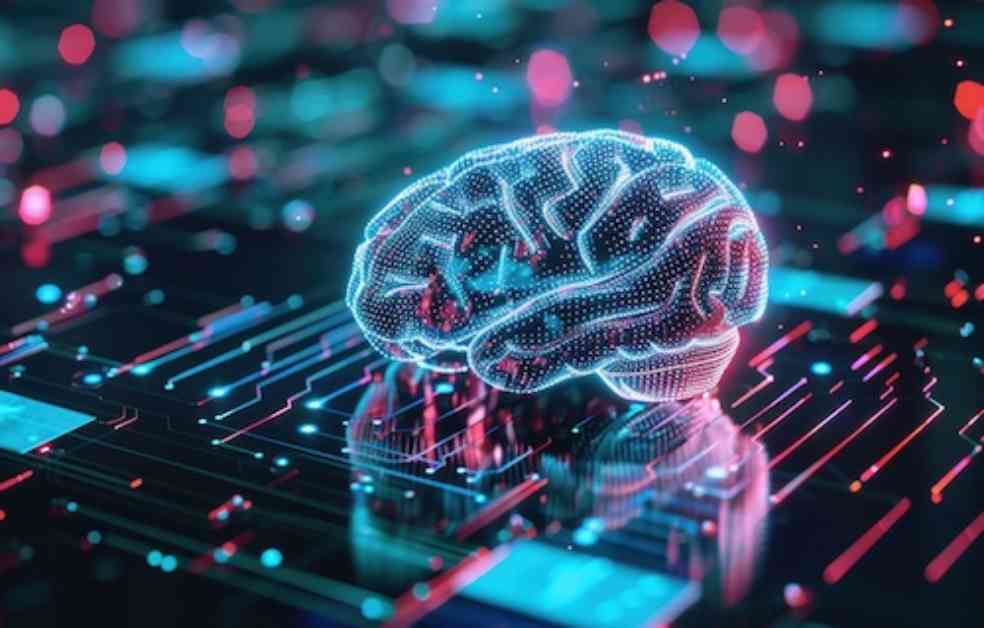AI in Education: Nurturing Understanding Over Efficiency
2023 witnessed a significant upsurge in the development of artificial intelligence in the educational sector. From the pioneering work of researchers at Carnegie Mellon University in the 1950s to the present day, AI has been reshaping the way we learn, work, and play at an unprecedented pace. As the landscape of AI in education continues to evolve, the focus has shifted towards fostering students’ comprehension and conceptual understanding rather than simply aiming for efficiency and correctness.
AI Evolution in Education
Over the past three decades, AI in education has transitioned from replicating human intelligence to expertly accomplishing tasks once thought to be exclusive to humans. While AI chess programs prioritize playing the game well over emulating human gameplay, educational AI remains dedicated to cognitive modeling to track students’ reasoning and enhance their expertise.
The Human Touch in AI
One crucial aspect of integrating AI into education is ensuring that it resonates with students on a personal level. Just like good teachers tailor their instruction to meet individual student needs, effective educational AI should empathize with students’ perspectives and address their unique learning challenges. By understanding students’ misconceptions and offering tailored guidance, AI can act as a personalized coach, supporting students at a granular level to enhance their understanding and skills.
Consider a scenario in math where students mistakenly use common denominators to multiply fractions. While a proficient teacher would recognize this error as a lack of conceptual understanding, AI can similarly detect such common misconceptions and provide targeted interventions to deepen students’ comprehension. By bridging the gap between students’ struggles and effective learning strategies, AI can significantly enhance the educational experience.
Empowering Teachers with Real-Time Insights
In addition to supporting students, AI can empower teachers by providing real-time data insights that enable them to track student progress and intervene when necessary. By offering immediate feedback on student performance, predicting their progress, and highlighting areas that require attention, AI equips teachers with actionable information to enhance their instructional strategies and student support.
Ensuring Ethical AI in Education
While AI presents numerous benefits in education, it also poses ethical challenges, such as unintentional biases that can perpetuate stereotypes. To mitigate bias in AI tools, organizations developing educational AI models should prioritize diversity in their teams, rigorously test for bias, and continuously monitor and address potential biases. Additionally, ensuring data security, privacy, and adherence to legal regulations are essential aspects of deploying AI in education responsibly.
Looking towards the future, AI holds tremendous potential to revolutionize teaching and learning by prioritizing students’ understanding and growth over mere efficiency. By leveraging AI to empower students and educators alike, we can create a more personalized and effective educational experience that nurtures the minds of our future generations.
In conclusion, as we navigate the intersection of AI and education, it is crucial to prioritize empathy, data-driven insights, ethical considerations, and student empowerment to harness the full potential of AI in fostering understanding and excellence in learning.
Author: Dr. Steve Ritter, Carnegie Learning
Ph.D. in cognitive psychology, Carnegie Mellon University
Founder and Chief Scientist at Carnegie Learning
Expert in intelligent tutoring systems and advanced educational technology.







